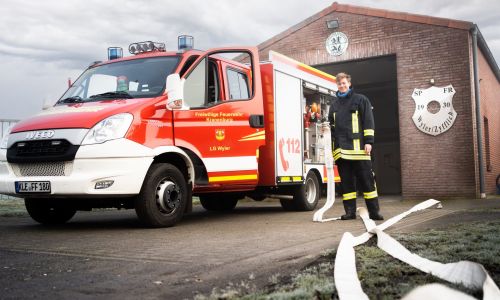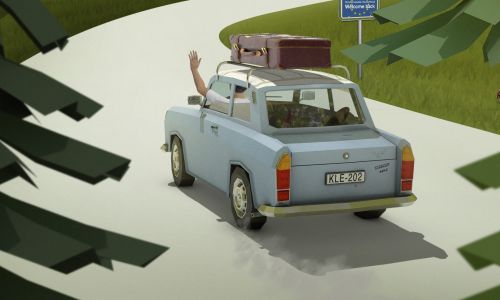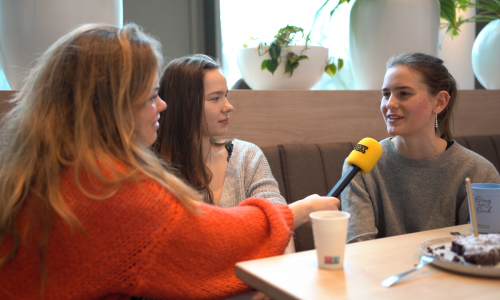Where do all those German students go to once they graduate in Nijmegen? Vox spoke to three Germans who went home. ‘Dutch academia is much more open to new solutions and ideas.’
After completing a study programme at Radboud University, Ben Breuer (28) returned to Germany. He took home with him not only a Bachelor’s and Master’s degree in Psychology, but also new memories, new friendships, and a new language. It was not an easy decision for Breuer to leave Nijmegen behind when he graduated five years ago. ‘My plan had always been to return to Germany after my studies, but I had a great time in Nijmegen. I sometimes still think about going back.’
This article is part of the newest Vox paper edition. Next week, it’ll be available all over campus. In this edition, we’re looking for both similarities and differences between German and Dutch citizens. Or: does the stereotypical German even exist?
Like Breuer, Leonie Barth (36), came to Nijmegen in 2014 to study Psychology. As is the case for many German students crossing the border, her average final grade was not high enough to be accepted for the same study programme in Germany. Unlike Breuer, Barth did not consider staying in the Netherlands after she graduated in 2020. She returned to die Heimat. ‘I always saw Nijmegen as something temporary. But when the weather is sunny, I do miss being able to go out cycling.’
Former student Jens Jensen (32) did not initially plan to return. Having grown up largely in the United States and pursuing a Master’s degree in English at Radboud University, he saw an international future ahead of him. But then he completed an internship in Germany in 2017 – following his dual Master’s programme in Transnational Ecosystem-Based Water Management at Radboud University and the University of Duisburg-Essen – and he stuck around in his native country. He still lives in Germany, and Nijmegen has now become a memory.
Job hunt
Breuer, Barth and Jensen all found jobs relatively easily after their studies. The internship Barth had to complete for her Master’s programme at Radboud University led to her current job at an addiction clinic in Wuppertal, in western Germany. ‘Before I started my studies, I sometimes worried whether I’d be able to find work in Germany with a Dutch degree. I read pessimistic reports online about not being able to work as a therapist in Germany with a clinical diploma from the Netherlands, but it turned out not to be a problem.’ Finding a job was easier than she expected. ‘Where I live, it’s quite common to have a Dutch diploma, and clinics and companies also recognise it.’
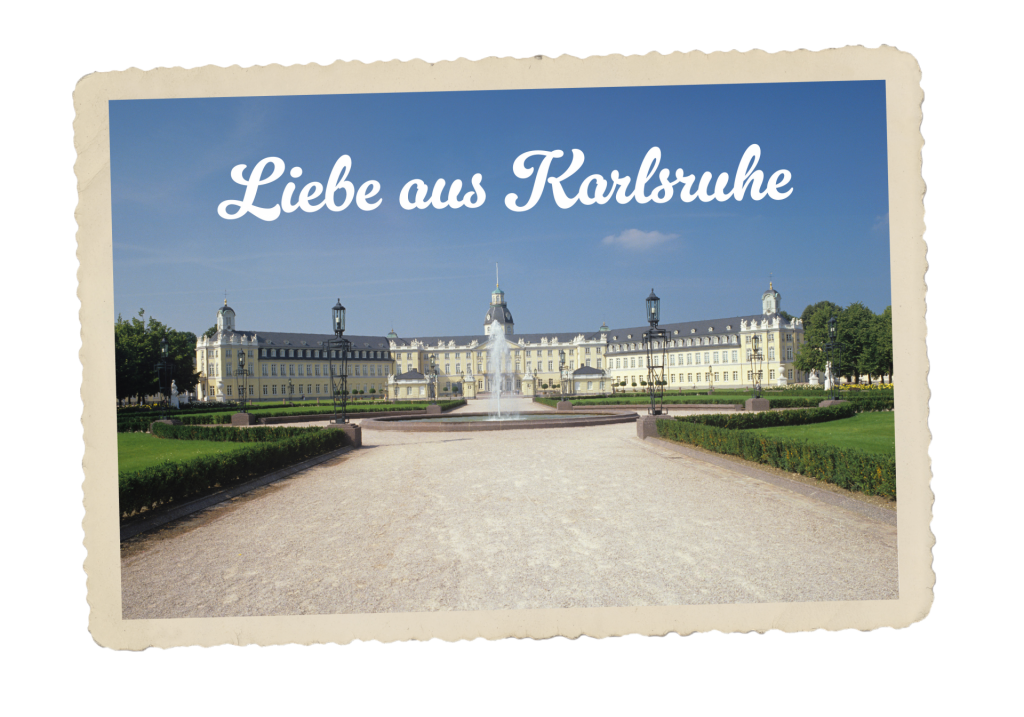
Breuer did not start working immediately when he returned. He chose to complete additional training in Germany first. He now owns a psychotherapy practice in Cologne. He also works for the academy where he did his additional training. What was it like for him to return and suddenly have to switch back from Dutch to German? ‘In the beginning, I’d sometimes mix up German and Dutch, but I quickly got used to it and I found that working in German was much easier for me.’
Finding a job after graduation was also a smooth process for Jensen. He recently celebrated his five-year work anniversary at Deutsche Bahn, where he works on infrastructure and planning, and the maintenance of DB Real Estate. Jensen lives in Karlsruhe, in southwest Germany, but travels a lot for his work as team manager – he is responsible for a team of 25 employees. ‘Having a double degree wasn’t necessarily an advantage,’ he says. ‘People don’t really know what to do with you when you apply for a job. That’s because a double degree doesn’t always fit well with the description employers give in their job ads. Fortunately, it worked out well for me.’
Memories
For the three returning alumni, one thing is certain: their student days in Nijmegen were an enriching experience. Jensen reflects fondly on his international friends, the green environment, and the intensive teaching. Barth remembers both the ups and the downs of her student days. She remembers how she sometimes missed German currywurst and doner, but also how much fun she had with her new friends.
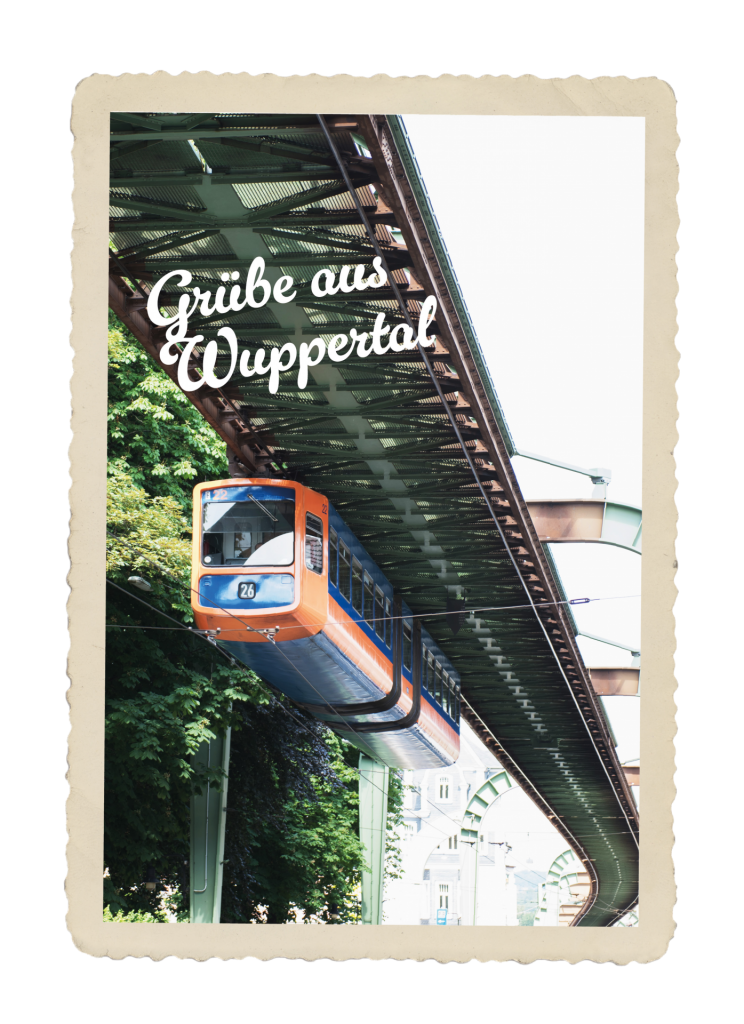
Breuer faced some challenges, especially at the beginning of his studies: he found it difficult to learn the language and to study in Dutch. Once he got better at it, he discovered that he enjoyed being able to speak Dutch to his Dutch friends. Barth had a similar experience. ‘Looking back on it now, I’m glad I didn’t have the option to study in English, because I probably would have chosen the English variant.’ She no longer practices her Dutch very often, but she still speaks it fluently. ‘Dutch isn’t that complicated for us Germans, it’s a pretty lazy way of learning a new language,’ she says, laughing.
Friendships
The German alumni agree that it has not been easy to maintain their study contacts. Jens Jensen has kept one good friend from Nijmegen. ‘He’s even invited to my upcoming wedding.’ But there are others he doesn’t see any more.
Leonie Barth lived just across the border during her studies, as many German Radboud University students still do today. She had a room in the village of Zyfflich. Her roommates were Dutch, German, and of other origins. But she too has seen these friendships fade away with time. ‘People had come to Radboud University from different places, and when everyone began working, it became difficult to find time for each other and to stay in touch.’ Since Barth still lives relatively close to Nijmegen, she visits the city often, although not necessarily to look up fellow students. ‘It feels like a little road trip on the weekend,’ he says.
‘Since our first year of study, we’ve been going on holidays together every summer’
Unlike Jensen and Barth, Ben Breuer consciously made friends with Dutch students during his time in Nijmegen. Many of his friends live and work in Nijmegen, which is partly why he enjoys visiting the city. Breuer and his group of friends have remained close since their student days, thanks to a tradition they came up with. ‘Since our first year of study, we’ve been going on holidays together every summer. Last year, for example, we went to Portugal for a week.’
The three alumni want to urge current students from Germany to make the most of their study time. ‘Compared to Germany, Dutch academia is much more open to new solutions and ideas,’ Jensen explains. ‘And make sure you enjoy the food,’ Barth adds enthusiastically. ‘Don’t forget to try the fries. The fries are better than anywhere else. And always ask for double-fried fries. Those are the tastiest.’

